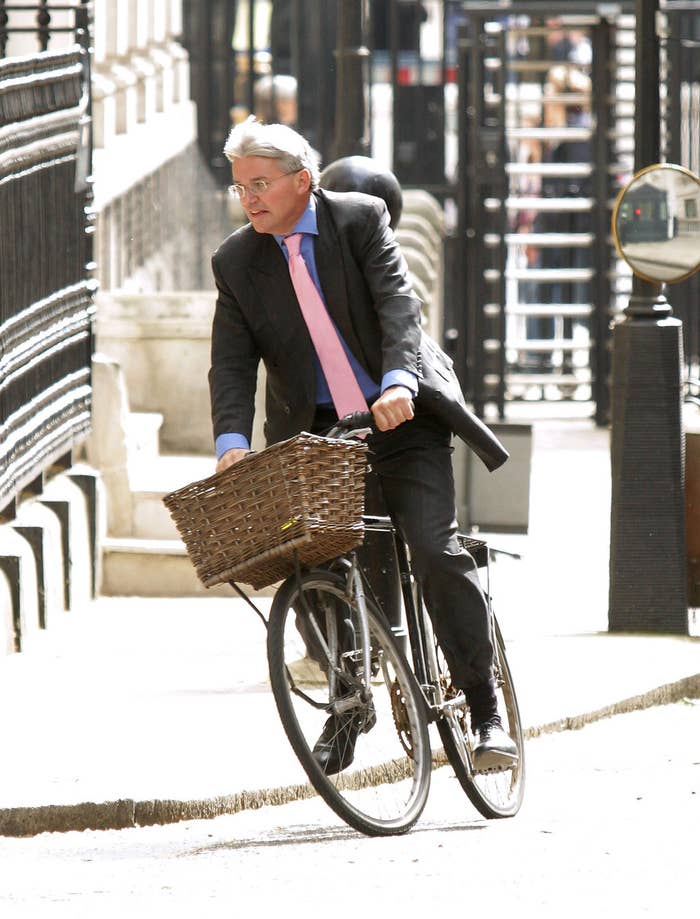The Metropolitan police breached the human rights of journalists from The Sun when they secretly obtained their call records, the surveillance watchdog ruled on Thursday.
The Investigatory Powers Tribunal (IPT) concluded that one of four authorisations by the Met "was neither necessary nor proportionate to the legitimate aim sought to be achieved", and therefore was a breach of the journalists' human rights. The authorisations were made under the Regulation of Investigatory Powers Act (RIPA).

Police officers used RIPA powers to access the phone records of three Sun journalists in an attempt to find out who leaked a private police log that described an incident outside the Downing Street office in 2012.
The incident involved Conservative MP Andrew Mitchell, a government whip at the time, who had allegedly called police officers "plebs" after they prevented him from cycling out of the main gate.
Mitchell resigned from his position shortly after The Sun's front-page story revealing the incident. He denied the allegations that he had used the derogatory term and later filed a libel case against the newspaper and the police officer involved, but lost the case.
Four police officers who were later found to be responsible for fabricating evidence and leaking confidential information about the incident were sacked. One was jailed.
The Met's investigation, known as Operation Alice, used RIPA on four occasions to track down the confidential source, by accessing the phone records of journalists Tom Newton Dunn, Craig Woodhouse, and Anthony France.
The IPT concluded that in three instances the Metropolitan police were justified, but in one instance the journalists' right to protect the confidentiality of their sources was breached.
The IPT report also concluded that the police "cannot be criticised" for the decision to use the surveillance powers to investigate the Plebgate incident.
The report said:
The Metropolitan Police cannot be criticised for its decision to use the power granted under s 22 of RIPA in aid of the investigation into a serious criminal offence affecting public confidence in the police.
The discovery of serious misconduct by a number of police officers in the DPG shows that it was entirely right to pursue the Operation Alice investigation very thoroughly.
We have held that the use of the s 22 power in this investigation was indeed both necessary and proportionate in respect of three out of the four authorisations challenged, but are compelled to hold that the legal regime in place at the relevant time did not adequately safeguard the important public interest in the right of a journalist to protect the identity of his source.
After the ruling, Assistant Commissioner Patricia Gallan, who was in charge of Operation Alice, said the Met's investigation was "a thorough search for the truth" regarding "the extremely damaging allegation that police officers had lied and conspired to unseat a cabinet minister".
In a statement, she continued:
It was vital for public confidence in the police, for confidence of the Government and all serving police officers that we investigated those allegations. The investigation was overseen by the Independent Police Complaints Commission and we worked closely with the Crown Prosecution Service. As a result of this investigation one police officer went to prison and four others were dismissed.
The MPS has never sought to shy away from our use of RIPA in this case. Our commitment to transparency has been reflected in the IPT ruling, which states that it was to the credit of the MPS for putting this information into the public domain, through publishing our report detailing the Operation Alice investigation.
We completely recognise the importance of journalistic privilege and how we should always, wherever possible, seek to protect that right.
We welcome the ruling of the IPT that our use of RIPA was necessary, proportionate and lawfully applied in three of the four cases and we respect the decision with regard to the fourth. We recognise the level of concern from the media regarding journalistic privilege that this case sparked. All the RIPA applications were made in good faith.
A spokesperson for The Sun welcomed the ruling. "We are pleased that the specialist tribunal has today ruled that the police's actions in secretly accessing the telephone data of The Sun and three of its journalists was in breach of our rights to protect our confidential sources.
"Today's outcome vindicates our concerns that our rights to protect confidential sources on matters of significant public interest – such as 'Plebgate' – are at risk unless the law is now changed to protect all journalists from unfair and unnecessary police intrusion."
